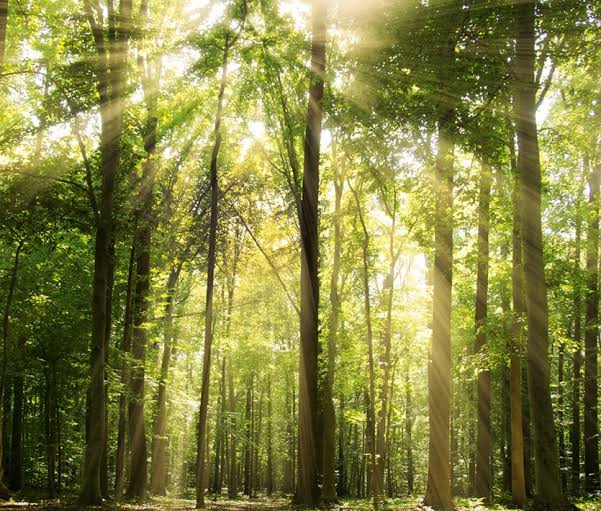
Nature needs securing — and no place more than in cities, which is the place most Canadians get their contact with wild things, says the Nature Conservancy of Canada.
Furthermore, it has good news. The nature of urban doorstep is in preferred wellbeing over people may think.
The conservancy, which purchases up and ensures natural areas, will hold a public occasion in Ottawa on Tuesday evening to discuss urban nature.
“We want people to come and learn and participate in the discussion about why nature is important in cities,” says Dan Kraus, the organization’s senior conservation biologist.
“For a long time, and probably still for most people, we see nature and cities as separate. If you want to see nature, you go to a nature reserve.
“But there’s a big transition happening. It’s partly because the air and water in our cities are much better than it was a couple of generations ago. So across Canada, we’re really seeing some of the biggest and most ambitious ecological restoration projects happening within our urban areas. And then wildlife is returning.”
It may not appear along these lines as cities undertake enormous advancements, he said. Everyone cut down forests, clear over wetlands, as Ottawa is doing today for Phase 2 of the LRT.
Yet, he contends that even improvement can have an advantageous impact — if cities are smart enough to demand it.
“There are examples of where those infrastructure projects have resulted in compensation and actually made things better,” he said.
For instance, Windsor, where a new parkway and new bridge to Detroit were packaged with restoration work on other lands. “Holy, did they ever restore and connect and create these new (natural) areas.
“I’m hoping that the project raises the bar for infrastructure projects. It should not just be ‘minimize your harm,’ it should be ‘make it better than it was’.”
Another example, Vancouver, which secured over an old landfill, planted trees and made an area rich in bird species.
“More and more people are demanding that if places are lost because of urban development, that they should be replaced.”
The outcome is that Canada isn’t making enhancements in the quality of forests or prairies, however, it is improving natural zones of cities, he said.
That doesn’t simply mean having more raccoons. “There are also species like peregrine falcons… or Cooper’s hawks and pileated woodpeckers” in cities. Toronto has uncommon piping plovers breeding on its busy beach, jealously ensured by neighbors.
The nature conservancy will likewise report its 10 top “nature hot spots” in Ottawa.
“In Ottawa, it was actually quite easy to find those places,” to a great extent since everyone has a Greenbelt, he noted.
Disclaimer: The views, suggestions, and opinions expressed here are the sole responsibility of the experts. No Open Headline journalist was involved in the writing and production of this article.
